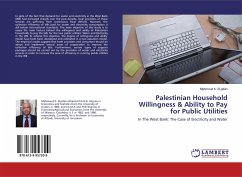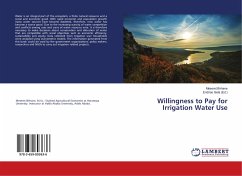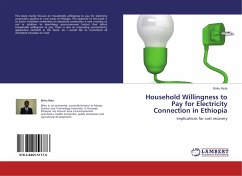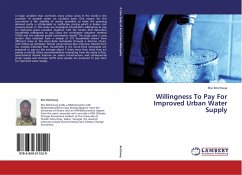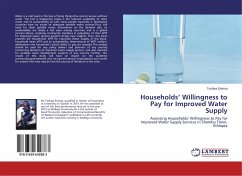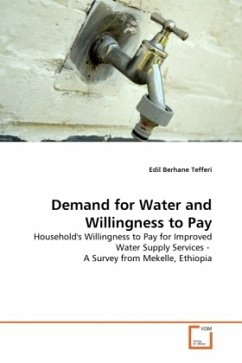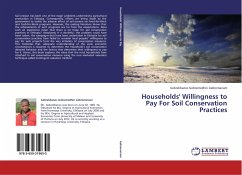In spite of the fact that demand for water and electricity in the West Bank (WB) had increased sharply over the past decade, local providers of those services are suffering from continuous fiscal deficits. However, the collection efficiency of bills paid for water and electricity consumption is still below international standards. The main objective of this study is to assess the main factors behind the willingness and ability of Palestinian households to pay the bills for the two public utilities: Water and Electricity in the WB. To achieve this objective, the degree of willingness and ability model have both been developed and estimated in a two equation model. The empirical results suggest that both providers and consumers should be adopt and implement several areas of cooperation to improve the collection efficiency of bills. Furthermore, certain types of support packages should be carried out by the providers of water and electricity services in order to increase the area ofefficiency in running public utilities in the WB .
Bitte wählen Sie Ihr Anliegen aus.
Rechnungen
Retourenschein anfordern
Bestellstatus
Storno

